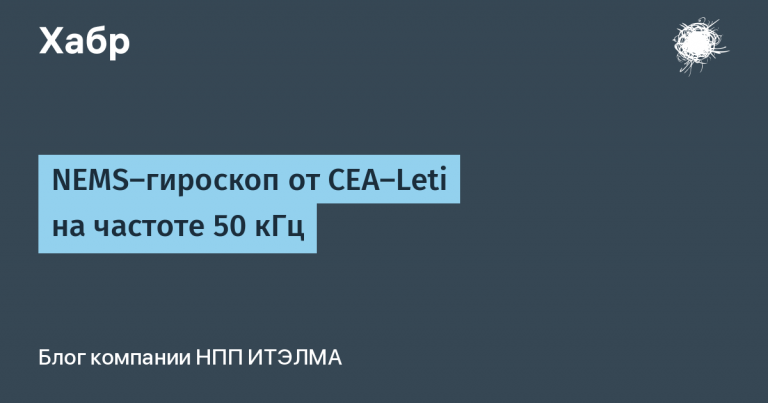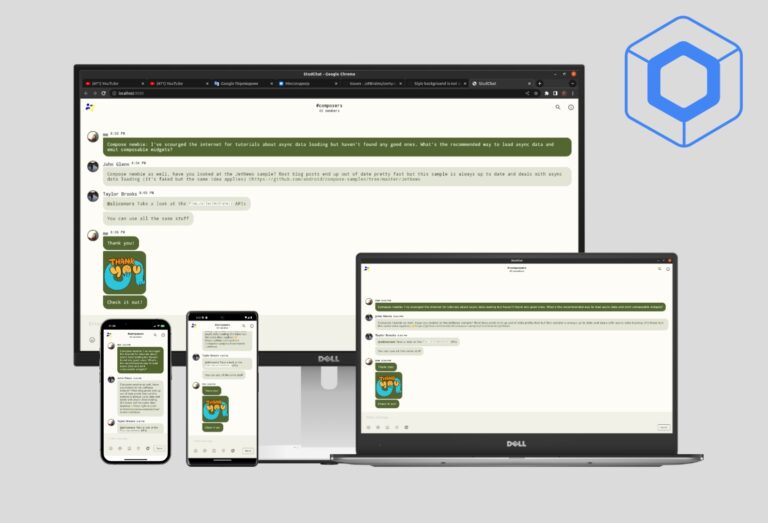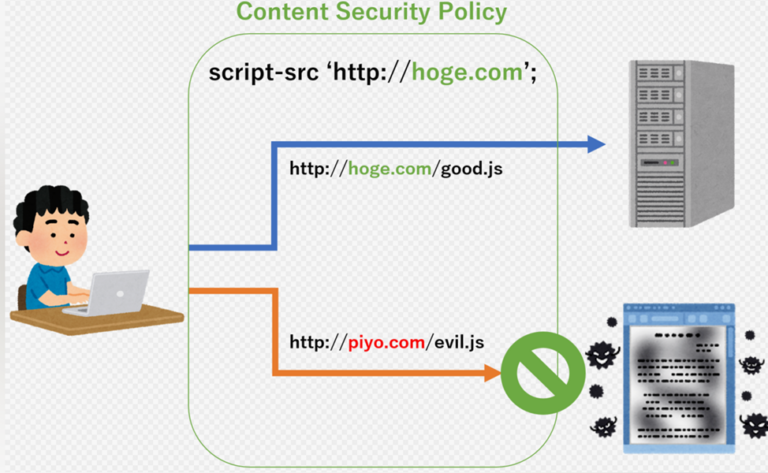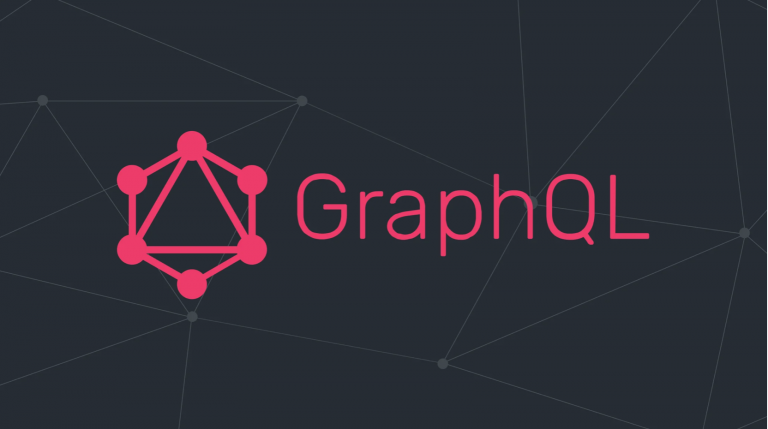DevOps Practices: From Magic to Tools. 11 speakers and one interview of the DUMP conference
Over the years, DevOps has evolved from being exotic into a set of practices and technologies that help to effectively solve applied problems and bring tangible benefits to companies.
This year at the conference, we decided to focus on real cases that have been developing products and services using DevOps for several years. DUMP speakers are ready to share their examples, approaches and metrics. From the magic that DevOps seemed like a while ago, let’s move on to the real tools. Speakers will help us with this:
Victor Eremchenko (Miro)… He will talk about Cloud native vs self-hosted solutions when scaling infrastructure. What to choose? Miro experience
Alexander Tarasov (ANNA Money) and his report Not Helm alone
Kirill Kazarin (DINS) with theme 4 Gold Signals for the SRE Engineer
Vitaly Khabarov (Express 42) prepares a report How to Measure DevOps?
Ruslan Tagirov, Chesnokov Nikita, Bendin Maxim (Rostelecom IT) and Rostelecom Digital Products Platform. How to develop DevOps infrastructure in the mater enterprise
Dimitri Sugrobov (Leroy Merlin) will make a presentation Dev. + Ops or building an ideal delivery process
Artyom Kartasov (Postgres.ai) and theme No Rollback Till Dawn: Automatically Checking PostgreSQL Migrations in CI
Vladimir Leela (Contour) and his report Writing robust ansible roles. This report will be publicly available – it is included in the free stream from the conference. How to listen to Vladimir and other speakers on May 14, they told here.
By the way, at the last conference, Vladimir Leela and his report Elastic weighing with petabytes aroused great interest and excellent reviews:
Another speaker of the DevOps section – Dmitry Kharlamov (Provectus) and his Long way from bash to gitops. We talked about this in more detail. Here is what Dmitry told about his projects and report:
At Provectus we have many different projects, from typical to very unusual. Often, launching a project, and even more so a startup, without business knowledge or without understanding the final infrastructure (and if the technical specification is also changed on the fly) is a pain. Pain for both Ops team and Dev. It is necessary to react quickly to the situation, to be able to expand / reduce / replace people on the project or the entire stack. But no matter what happens, you need to do well and meet certain standards.
Another important factor is to leave knowledge after launching the project, to transfer artifacts so that the customer has the opportunity to maintain the infrastructure on his own. Or have it possible to repeat the project with minor changes, often on a tight schedule.

Taking as a basis the experience of one of our DevOps engineers (this was Terraform familiar to many), we created a tool that allowed us to deploy the basic infrastructure in AWS with a focus on EKS, and, importantly, delete everything that was created without a trace. We decided to call the project Swiss-Army-Kube.
Tell us more about what your talk will be about? Why did you choose this particular theme?
I will tell you about the path that we went through developing our tool. About what motivated and what hindered in the process. For me, this is a new experience in promoting a project that does not bring money, but I hope that it will be useful. For a long time I myself have been using tools that someone has developed, and now it’s time to replenish the karma and move on. Perhaps someone will recognize himself in this story and understand what he lacks. Spoiler alert: definitely not that! I think the report will be useful and some will not make our mistakes. It will be a big reward for me if the participants remember something from my speech.
What prompted the creation of the Swiss-Army-Kube and why did you decide to open the project?
The idea to create such a project has been in the company for a long time. We have a lot of experience and many engineers (and this is the very base on which one would like to build such a tool). We made it public because it is part of the marketing strategy. I am close to the idea that knowledge should be shared, improved projects and helped others. This kind of IT-communism in all its glory.
What does Provectus do? Tell us about the most unusual projects and your work in the company
The main direction is consulting in the field of ML / AI. We help launch start-ups, develop software for customers. Of the unusual projects I can name Hydrosphere.io. This is the wonderful world of machine learning. Before meeting them, I heard that there are mathematicians, they train models, guess with numbers … And in general, I was right.
How has the pandemic affected the team’s work?
Everything is very individual here. Someone began to work more remotely, someone did not change their usual schedule. There were difficult moments when they talked about vacations at their own expense. But Provectus has always said openly that its most important asset is its team of professionals. Therefore, the company is doing everything possible to keep the team. This is cool!
What trends have emerged in DevOps over the past year?
I began to hear about ML more often, there is a general trend of switching to a service in order to deal with low-level tasks as little as possible. This is partly good. You can concentrate on your tasks. But where do we, in 10 years from now, take people who know how all this works is a big question.
What would you say to companies that don’t understand the need for DevOps practices?
Are there still such ones? 🙂 The market dictates strict rules and DevOps practices are aimed at the continuity of the process, guaranteeing the cleanliness of the code. Yes, this is not a silver bullet and often companies have to break established processes, get used to new things – this can complicate work. But it should be understood that the giants of the Netflix, Amazon, Google market have been using these practices for a long time and are generally satisfied. For those who are not ready to take the transformation process into their own hands, I recommend contacting companies that specialize in this. As they say, if you don’t try, you won’t know.
Working with business tasks teaches you to quickly respond to market changes, adjust to the customer, and build teamwork. What hard skills does a DevOps engineer need and what soft skills do you acquire over time?
It is worth understanding the specifics of our and foreign markets. We do not have a training base and an adequate understanding of what a DevOps engineer should do. Of the hard skills, I can name the administration base, knowledge of operating systems and scripts, the ability to read several popular languages, understanding the principle of building code, how certificates work and the ability to highlight problems. And an important quality is to google, find information necessary for work.
What skills have come with experience? I have this ability to find a common language with the team and adjust to the general rhythm. Over time, there was less fear and more responsibility. I even was a team lead and here I realized that you shouldn’t criticize anyone, but it is important to defend goals, talk face to face, find motivation.
How long does it take to build a team, where to start, and what mistakes are best avoided?
In any team, authority plays a decisive role. If there is no conflict of interest, then everything builds up pretty quickly. You have to trust the team and let everyone do their job. It is important to build an open dialogue and find joint solutions to the problem. Because both failure and success are the credit of the entire team. And there is no shame in asking for help.
How did your career begin?
He started as an electrician at a factory. Then I realized that I didn’t want to work with my hands, but I wanted to work with my head. How DevOps got started in the ePayments project. There, after a long stagnation in development, he studied very quickly. There they gave me a complete carte blanche, and I turned around: I applied practices from smart books, applied automation, I managed to speed up releases from three to four hours of manual labor to 10 minutes after pressing one button.
What projects inspire you personally?
Where there is no rigid framework, you can show imagination or where there is a challenge. I wonder when I need to do something complex quickly and efficiently. I like projects where you can grow. It is also important that these companies really bring benefits, help to live more comfortably.
Imagine that you went back 10 years in the past, what would you advise yourself?
Learn this English already, weakling! 🙂
And who do you see yourself in another 10 years?
This is the dirtiest question in all interviews. Hard to imagine. Probably still the same me, looking for answers, but more authoritative, with a burning look and new ideas.





